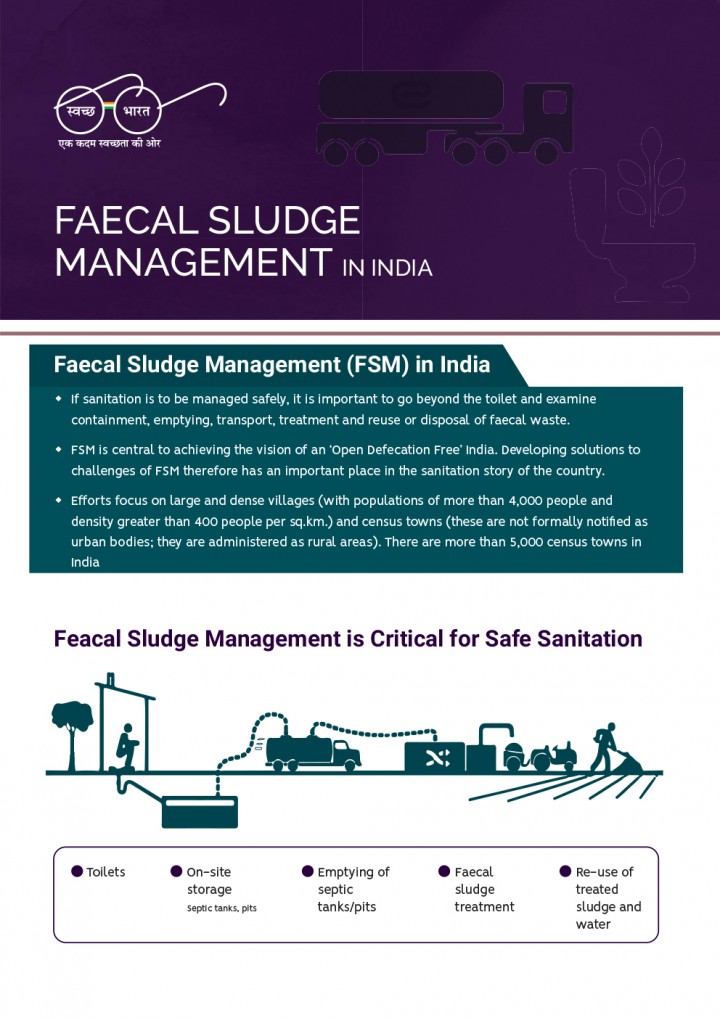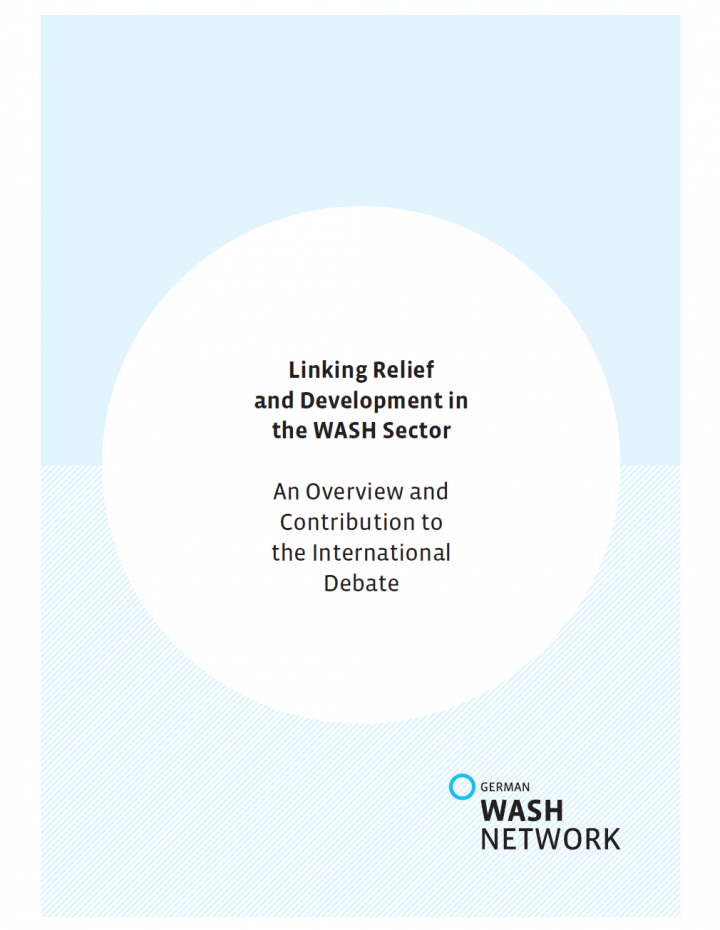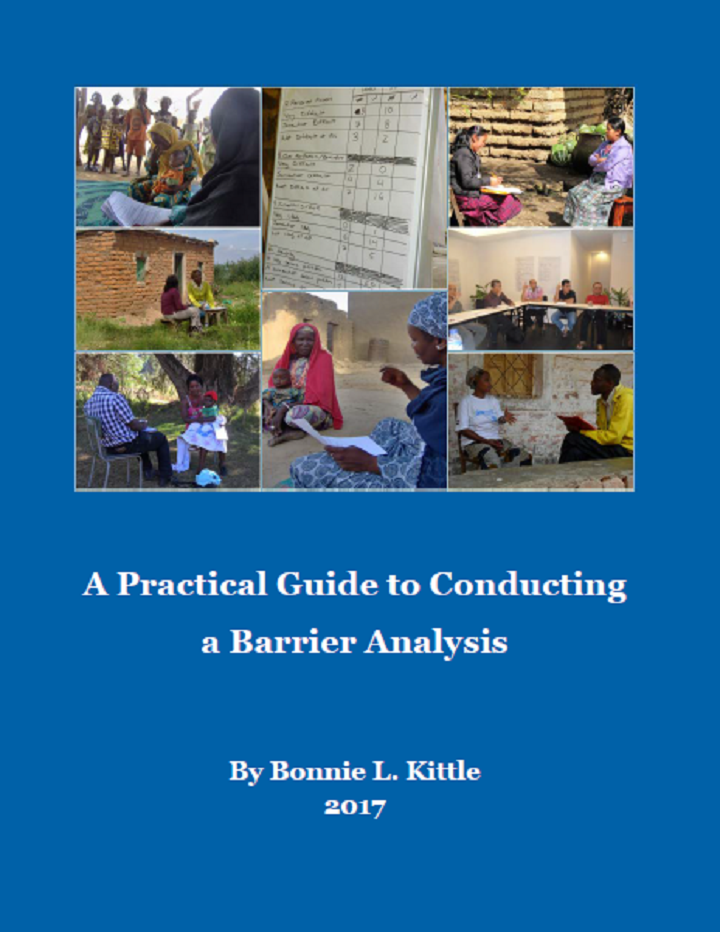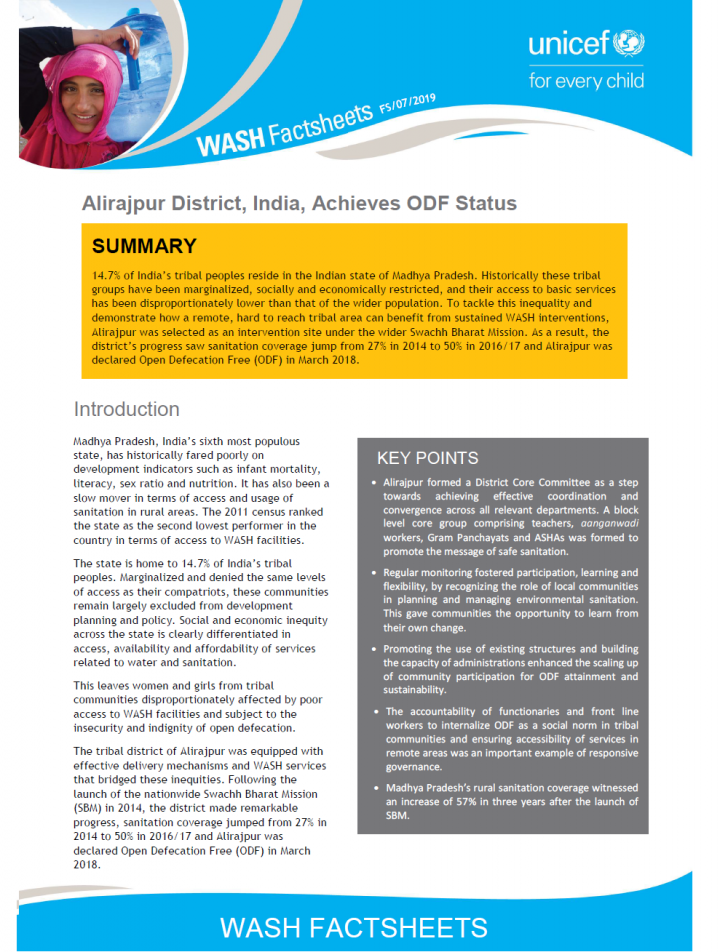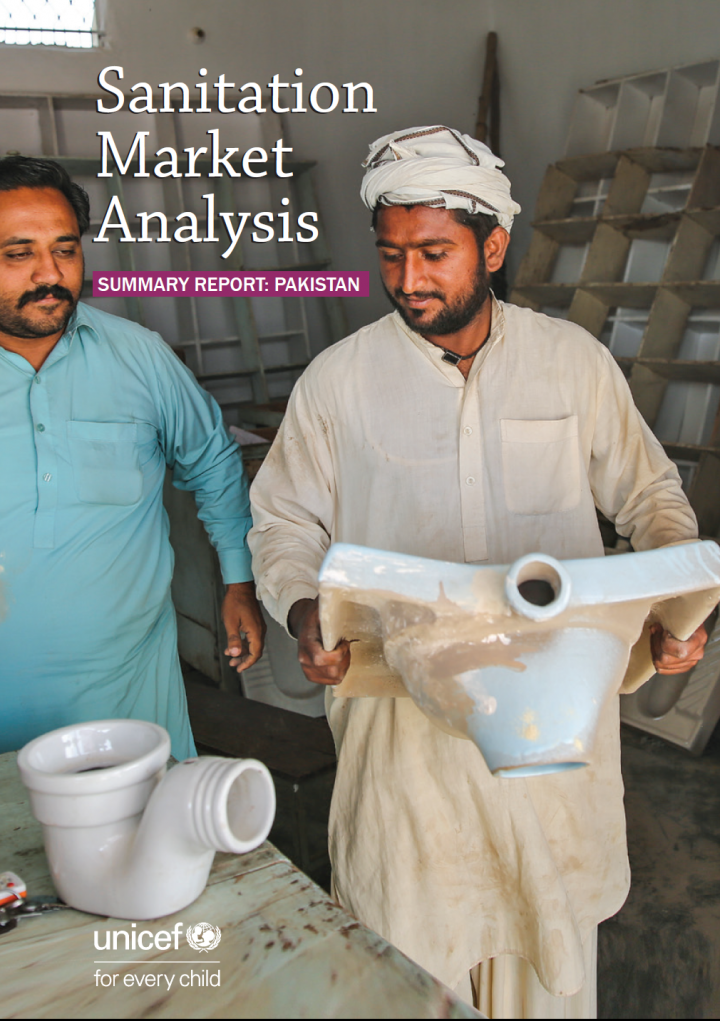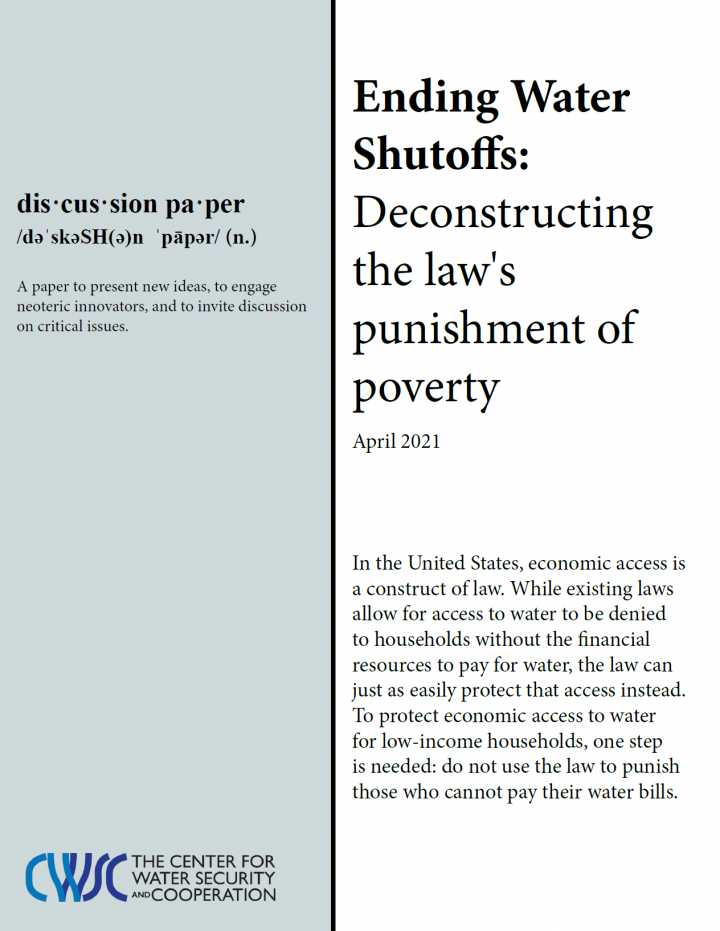Searching for information on Sanitation Workers?
The Sanitation Workers Knowledge + Learning Hub is the best source for all current news, trends, articles and updates on sanitation workers rights around the world.
As the quality of water can be seriously affected by a disaster or an emergency, it is best practice to disinfect all emergency water supplies. The most common way of disinfecting is with chlorine. This technical note explains why disinfection is important, why chlorine is used, how it works, how to test for its presence and where and when to test.
This newsletter will provide you with a set of updates from the GIZ bilateral water and sanitation programmes in Africa, Asia, MENA and Latin America as well as a selection of news from other sustainable sanitation projects worldwide.
This newsletter focuses on scaling-up sanitation.
Humanitarian assistance and development cooperation in the Water, Sanitation and Hygiene (WASH) sector – although very diferent in nature – are inextricably linked. WASH relief eforts are usually not self-contained, stand-alone interventions and relief actors inevitably need to consider longer-term local development issues and transition elements to allow for a successful hand-over afer the …
The town of Santa Teresa is located in the extreme southwest of the Nicoya peninsula, in the canton and province of Puntarenas, in the North Pacific Region of Costa Rica. Santa Teresa administratively belongs to the Cóbano district. Santa Teresa is formally only one of the towns of the district.
However, Santa Teresa traditionally comprises the set of towns that extend linearly along the 15 …
Kabarto 2 IDP Camp is situated in the KRI and located in the Sumel District, which is part of the Duhok Governorate administration, and it lies approximately 13km southwest of Duhok.
The population figures are managed by the camp management on behalf of the Directorate of Migration and Crisis Response (DMCR) and, the population present at the time of the key informant interview with the camp …
Managers of water, sanitation and hygiene (WASH) programmes normally acknowledge that people need to behave in a hygienic manner to protect water supplies and ensure that sanitation facilities are used properly. However, promoting hygienic behaviour differs from the construction of infrastructure, with indicators of progress being less concrete. This means campaigns need to be planned and carried …
This manual is intended for technicians, builders, trainers, students and development
agencies dealing with site survey, design, construction and maintenance of:
-Hand-dug wells in deep sand,
-River-intakes with shaft in riverbank,
-Intake chambers with elevated water tank,
-Subsurface dams built of soil,
-Subsurface dams built of rubble stone masonry and
-Sand dams built of rubble stone …
The training focuses on developing capacities of all the stakeholders including operators, service providers, Municipal Corporation, elected representatives etc.
This training aims at conveying the key concepts and how to do the operation and maintenance of community toilets and management of feacal sludge in an effective manner, what are the basic non-negotiable elements versus want are the …
This curriculum is developed for the competency based training of Biogas Technicians. The term competency is at the heart of the training reform agenda, the new system of vocational education and training. Competency refers to the ability to perform ‘whole’ work roles to the standard expected in employment. Job performance involves more than the performance of a well-defined set of tasks in a …
Joypurhat is a municipality town and district headquarters of Joypurhat District in the division of Rajshahi, Bangladesh. The city is situated in the northern part of the country, which is 250 km away from the capital city Dhaka. It is beside the Little Jamuna River and the Tulshiganga River and it is well connected with road, water, and railways. It was declared a municipality in 1975. Joypurhat …
The Practical Guide to Conducting a Barrier Analysis is a training curriculum that builds skills to plan and carry out a Barrier Analysis survey. The very practical, hands-on learning exercises help learners to answer the most common and frequently perplexing questions that arise during implementation. The use of the survey as a behavior change tool is made clear by first introducing the …
This handbook has been prepared to guide the community health motivators, health and sanitation workers as well as community leaders to adopt and facilitate the CLTS approach in communities where sanitation programmes are being implemented. It is believed that this will help the concerned individuals to get a clear concept of CLTS and guide them to adopt its methods at the community level.
With 193 governments coming together to agree a common framework to tackle 17 major world issues by 2030, business engagement to achieve them is seen as critical. So how do you understand the implications of the SDGs and prioritise them? How do you quantify and minimise the potential risks, and explore the opportunities?
This is an extract from PwC’s Navigating the SDGs: a business guide to …
Behaviour change initiatives are fundamental to achieving project objectives through the reinforcement of positive practices, the identification of new or alternative practices and the promotion of structural changes of specific psychosocial variables such as knowledge, attitudes, behaviours and social norms. The behaviour change process can be divided into two aspects: initiating behaviour …
14.7% of India’s tribal peoples reside in the Indian state of Madhya Pradesh. Historically these tribal groups have been marginalized, socially and economically restricted, and their access to basic services has been disproportionately lower than that of the wider population. To tackle this inequality and demonstrate how a remote, hard to reach tribal area can benefit from sustained WASH …
Following the 2010 floods, the Government of Pakistan developed the Pakistan Approach to Total Sanitation (PATS) as a country specific strategy to scale up sanitation programmes, particularly in rural areas to end open defecation. PATS has helped almost 18 million people to construct and use toilets. The last ten million people who need to construct toilets are mostly poor, whereas 176 million …
The mission of Loveland TVET College is to produce high quality products and have a visible impact on social and economic development by:
- offering programmes of international standard, through the formation of strong linkages with key stakeholders and focusing on the holistic development of learners; and
- being a well-capacitated, accessible, credible, and self-sustaining TVET College, …
The courses presented at Northlink College are career-orientated to bridge the gap between the workshop and the world of work with the least disruption at the end of the training period. Students who attend the simulated training are expected to wear the required safety attire (Helmet, Safety Shoes and an overall) at all times. The Competency Based Modular Training (CBMT) is the first stage in …
The Center for Water Security and Cooperation (CWSC) recently published two discussion papers analyzing access to water and sanitation. One paper sets forth a global definition of "Access" to water and sanitation to chart a path for lasting progress. The second paper makes the case for repealing laws in the United States that allow water to be shut off to low-income households for their inability …
Through Community Based Total Sanitation (known in Bahasa as Sanitasi Total Berbasis Masyaralat or STBM), many rural communities in Aceh province in Indonesia have been supported to eliminate Open Defecation (OD). However, achieving Open Defecation Free (ODF) still remains a challenge for many residents. This technical paper presents the results of a study on open defecation practices in rural …
The WASHaLOT 3.0 is a low-cost and water-saving washing facility. For pandemic preparedness and response, the WASHaLOT 3.0 can be easily adjusted so that fewer water outlets are in use to ensure physical distancing.
This user guide is produced to provide receiving schools with orientation on the WASHaLOT installation, guidance on operation & maintenance as well as recommendations for pandemic …
Spurred by the growing body of evidence linking poor menstrual hygiene facilities to school absenteeism, a collaborative study by the Ministry of Education, the Bhutan Nuns Foundation, the Religion and Health Project and the Ministry of Health in partnership with UNICEF was undertaken in 2017. The study undertook both qualitative and quantitative approaches to assess the current issues facing …
Enhancing sanitation services is a major challenge for sustainable development and plans.
This work aims at developing a vulnerability hotspot mapping for improving sanitation services provision
in Jordan based on a multi-weighted criteria model. Multiple spatial, physical, demographic,
social, economic, and sanitation data were collected and compiled using GIS. We also considered
experts’ …


